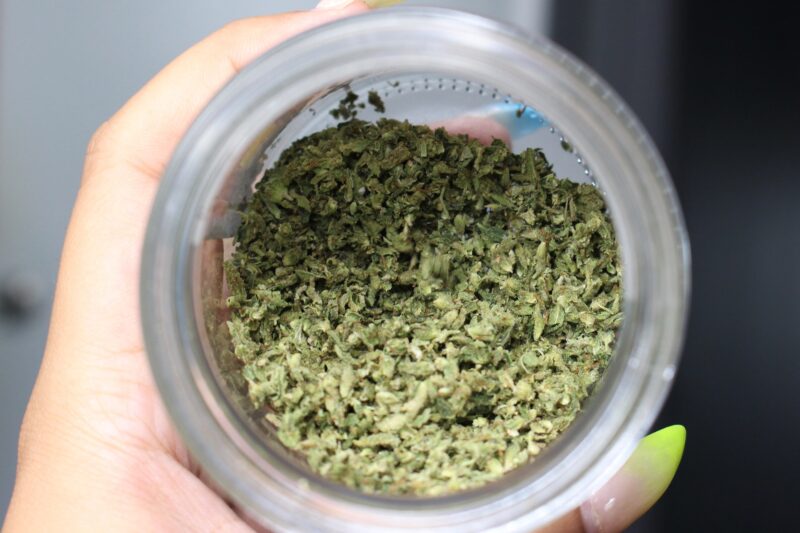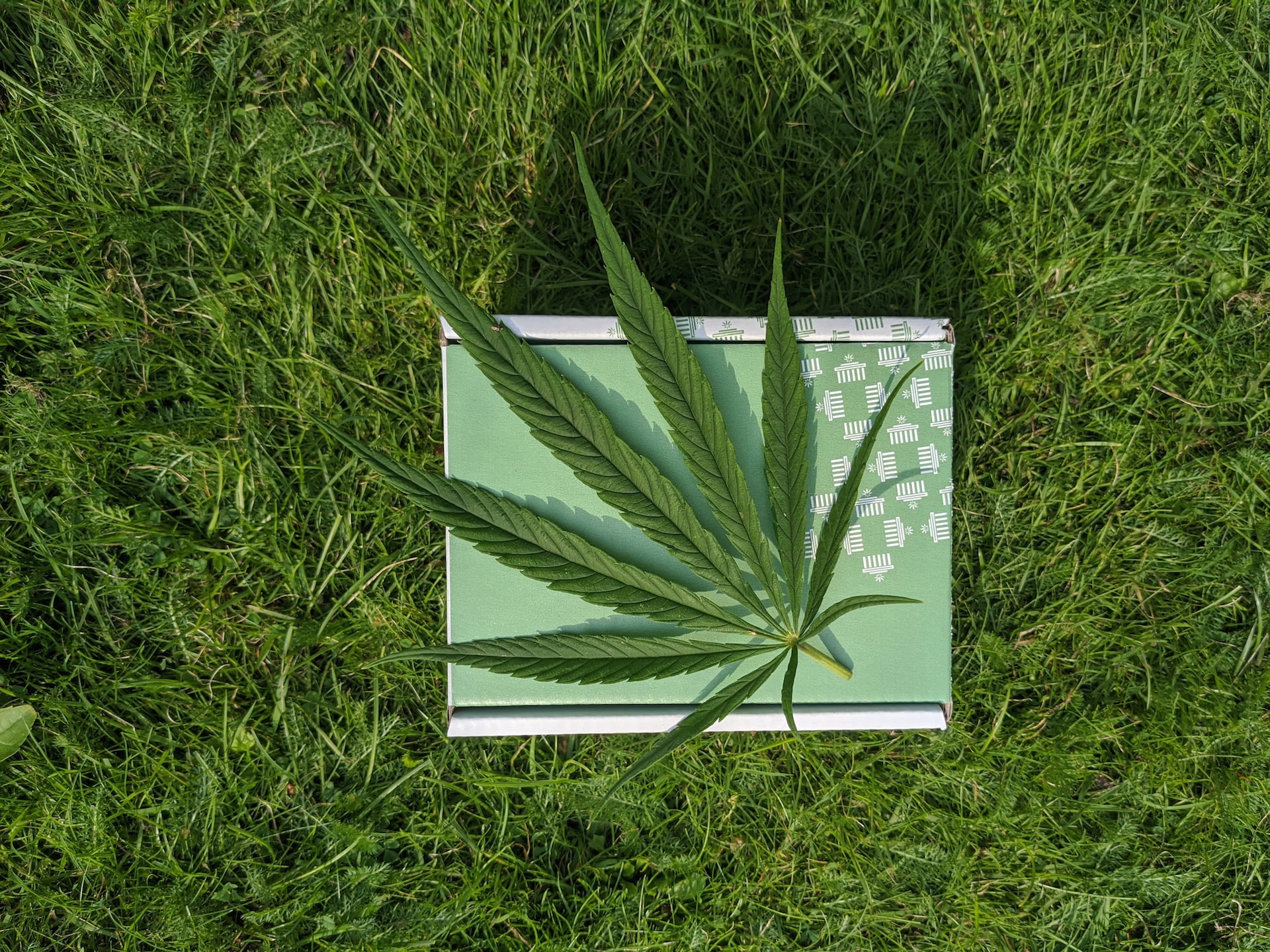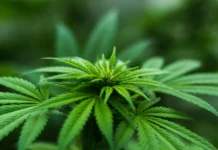Cannabis, generally known as marijuana, is frequently used for therapeutic and recreational purposes. Many people also use it because it improves their sleep. Marijuana is known to enhance a person’s normal sleep pattern. In today’s fast lifestyle, several people are dealing with insomnia, and marijuana is a great sleep aid. Approximately 70% of young individuals who occasionally use cannabis say that it aids with sleep. However, there is research, and there is certainly more to learn about cannabis’ potential as a sleep aid. Click here for high-quality, reasonably priced research resources on cannabinoids like 6-CL-ADBA, 7-ABF, and 7-ADD, among others.
In this guide, you will learn everything you need to know about cannabinoids and how they help to sleep better.
What Effect Does Cannabis Have On Sleep?

Cannabinoids interact with cannabinoid receptors in the brain, which is why they are thought to have sleep-inducing properties. When someone takes cannabis, they bind to the brain’s receptors. The cannabinoid then transmits signals to the brain that block the arousal system and raises levels of the sleep-inducing amino acid adenosine. The combination of these actions may induce naps or sedation in marijuana users.
When you consider the various components, you can see that cannabis contains active substances like CBD and THC. THC has sedative properties. CBD seems to foster alertness at smaller dosages, but at greater concentrations, it seems to foster sleepiness. The timing and dosage of these two substances may affect their combined effects.
Additionally, these two elements aid in reducing the sleep-interfering symptoms of several chronic illnesses like inflammation. Additionally, the sort of marijuana you consume affects how well it aids in sleep. For instance, hemp has significant amounts of CBD, and cannabinoids contain higher THC concentrations.
Compound Found In Cannabinoid

Cannabis contains various organic chemical components with sleep and sleep-cycle-related effects.
1. CBD
Cannabinoid, known as CBD, does not cause mental impairment and encourages tranquility. Numerous CBD advantages, such as those for insomnia, are supported by scientific research. Since CBD doesn’t have any psychoactive properties, you will not get high. CBD has drawn a lot of interest because of its capacity to ease anxiety, ease pain and foster concentration and clarity of thought.
2. THC
The principal psychotropic component of marijuana is THC or tetrahydrocannabinol. It does get you high, which is why it is usually used for nausea and pain relief. According to studies, this cannabinoid component has certain sedative properties that make it simpler for people to fall asleep. Studies have also suggested that THC may be beneficial for treating sleep apnea.
3. CBN
Cannabinol, also known as CBN, is a less well-known cannabis component. But because of its strong sedative effects, it also has anti-inflammatory and pain-relieving qualities. When it is coupled with THC, these effects can be intensified. Cannabis that has aged contains CBN because THC gradually transforms into CBN.
4. Terpenes
Terpenes are not used very commonly, and scientists are still researching their effects, but it seems important in how cannabis works, particularly how it can alter sleep. The effects of terpenes on the body and psyche are continuously being studied by researchers. These little fragrant molecules produce cannabis’s scent and flavor. In fact, these organic compounds are also present various flowers, fruits, and plants. According to scientific research, they can impact mood, alertness, tiredness, and vitality.
Understanding The Human Sleep Pattern

There are four cycles of the human sleep pattern:
- Awake
- Light
- Deep
- REM
Every cycle helps the body and mind relax, have proper rest, and regulate various physical and mental processes. How your body will function, the next day greatly depends on how much nap you have. If you get proper rest, you will feel refreshed the next day, and if you cannot sleep, you might feel tired and withered out the next morning.
- Awake: It is the time you spend in bed before falling asleep.
- Light sleep: It serves as a transitional period preceding deeper sleep stages. During this period, your muscles relax, and your heartbeat and respiration slow down. Sleep begins to set in when your body temperature decreases.
- Deep sleep: it is the time when your body relaxes and restores. During this time, your blood pressure drops down. Also, the flow of blood to your muscles increases. The brain also removes the waste, and the process of hormone and cell repair occurs.
- REM sleep: To refresh the mind, REM sleep is necessary. This stage is linked to dreaming, problem-solving, and learning. Your brain is active throughout this stage, so your heart rate and breathing increase; that is why you dream.
According to studies, consuming large amounts of THC will shorten the sleep duration in the REM period. This can benefit post-traumatic stress disorder or PTSD patients as it lessens dreaming so they will not have severe nightmares. But reducing the REM cycle is not advantageous for anyone who does not suffer from PTSD.
THC helps you nap better if you cannot do so due to an excessive REM period. In fact, the right combination of THC and CBD can help you have a good night’s sleep, but the cause of your insomnia is anxiety and stress. Although there has been researching and positive results, it is always wise to consult your doctor to get a professional perspective.
Conclusion
One aspect to consider when determining if you should consume cannabis or how long you should take them depends on the changes to your sleep patterns. Every cycle is crucial for a person to function and relax well. You may not experience the full rejuvenating benefits that a good night’s nap is physiologically intended to offer if changes are made to the daily sleep pattern, particularly for a longer period.
Cannabis can be a good option for you if you have trouble falling asleep, have a condition, or have had a stressful day and are unable to sleep. Cannabis contains analgesic effects that could help people with chronic pain, and it also has anti-anxiety features that may benefit those feeling anxious and agitated.












